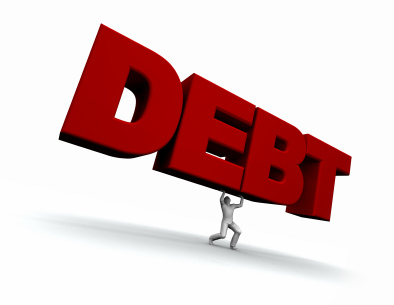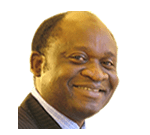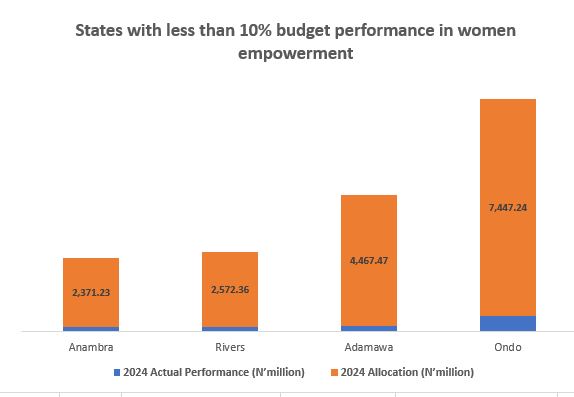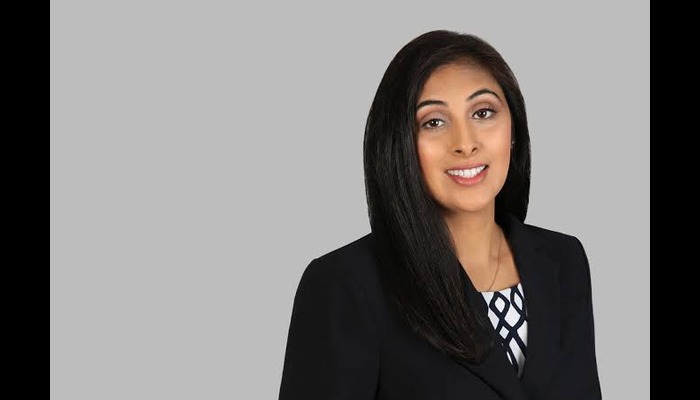The earmarked N7trillion to N8trillion budget spend for 2016 clearly indicates that the Federal Government is bracing up to fund its expenses with either local or foreign debts.
Oil revenue is Nigeria major source of budget financing and the price has halved by over 50 percent since last year and 14.8 percent since this year.
Analysts say if the Federal Government opts to financing budgets through debt, it should not ignore the staring risk of rising inflation.
For instance, inflation is bond’s worst enemy because it erodes the purchasing power of a bond’s future cash flows.
Nigeria’s inflation has risen eight times out of nine months so far released this year. Inflation rate is currently at 9.4percent above the Central Bank of Nigeria (CBN) target of 6-9 percent.
The higher the current rate of inflation and the higher the (expected) future rates of inflation, the higher the yields will rise across the yield curve, as investors will demand this higher yield to compensate for inflation risk.
A budget spend of about N8trillion in 2016 is almost 100 percent higher than the 2015 budget of N4.4trilion.
“If we are going to spend more than 100 percent of what we spent in the past year –it means that we are going to look at how to fund it. The Federal Government will have to resort to other funding options to finance this budget”. Such options include among others: local debt (Treasury Bills, FGN Bonds) or International Debt (euro bond, or international borrowing from the Paris Club”, according to Bismark Rewane, Managing Director, Financial Derivatives Company Limited.
JP Morgan slashed its crude oil price forecasts for this year and next, citing increased production, and said there was a possibility of prices touching new lows this year, due to peak seasonal refinery maintenance in October.
The bank lowered its average 2015 forecast for Brent crude and US oil by $16 per barrel and by $19 for 2016.
It forecast Brent crude prices at $54.50 and $52.50 per barrel in 2015 and 2016 respectively, while lowering its WTI outlook to $48.50 per barrel.
The mention on almost 100 percent increase in 2016 budget came out at a presidential retreat organised by the Office of the Secretary to the Government of the Federation for ministers-designate on Thursday. The retreat which ended Friday, held behind closed-doors inside the old Banquet Hall of the Presidential Villa, Abuja, and has ‘Delivering change: From precepts to practice’ as its theme.
“The price of oil has been below $50per barrel in the last three weeks –lower than the 2015 budget benchmark of $53. Oil prices are down 14.8 percent year-to-date (ytd) to $49.18per barrel.
“Declining revenue base is already reflecting in lower statutory allocations. FAAC is down 22.04 percent Ytd to N389.9billion. Gross federally collected revenue declined by 27.7 percent in second-quarter (Q2), but want to increase budget spend by 100 percent –how?,” Rewane said.
The 2016 budget process will be zero based, a method of budgeting by which all expenses must be justified for each new budget year. Capital expenditure for the 2015 budget is N1.31trn, while the proposed capital expenditure for 2016 is N2trn. The percentage of capital expenditure to recurrent expenditure in the 2015 budget was 19.4; the government would propose 40 percent for next year’s budget.
The worries about China and other global problems that caused the US Fed to delay an interest rate hike in September have largely passed, spelling out the arguments for a rate hike when the Fed meets next month.
Amid anxiety that Nigeria’s economic indicators have shown a nation facing an economic slowdown, there were odds of ideological differences between the President and his ministers at last week’s retreat on the way to go about the economic concerns.
“Fiscal expenditure will remain dominated by recurrent spending, despite efforts to boost capital expenses. A clearly economic direction and commitment to ending insurgency will boost investment inflow into Nigeria,” Rewane said, adding that if the local currency is adjusted, interest rate will drop and stock price will rise. Currency policies are used to reinforce trade policies but “government is leaning towards trade protection than trade liberalisation.”
Rewane believes that rising inflation is driven by: imported inflation and forex restriction, adding that “October inflation estimate is at 9.5 percent and set to average 9.5 percent this year.”
He X-rayed the Nigerian economy at a recent seminar on “deepening Nigerian capital markets” organised by CLG Securities Limited, where participants emphasised on the development of our financial markets.
Bola Onadele (koko), chief executive officer, FMDQ OTC Securities said “Nigeria is still struggling to strengthen its domestic financial markets. Financial markets impact on economic growth. Inflation is going to be a factor to consider in the financial market come next year –others are concerns on economic growth, consumers and investor confidence.”
He said: “Nigeria needs a unified FX market, single-digit interest rate, liquid fixed income market, developed corporate bond market; and developed derivatives market, as well as bolster the equity market.”
According to Adeniran Aderogba, founder, CLG Securities Limited, a Lagos-based wealth management firm, “There are still numerous challenges to confront. The economy is hugely dependent on primary commodities for export and sources of foreign exchange. The economy is subject to whims and caprices of international forces beyond our control, in determining prices of these commodities.
“There is the challenge of vicious cycle of products round tripping at multiples of original costs, due to inability to process commodities and add value. Also, the Nigerian economy is susceptible to policy swings in advanced economies –like interest rate movement and frequent stock market gyration; and exposure to hot money which rushes for exits at the slightest hint of volatility”, Aderogba added.
Iheanyi Nwachukwu










